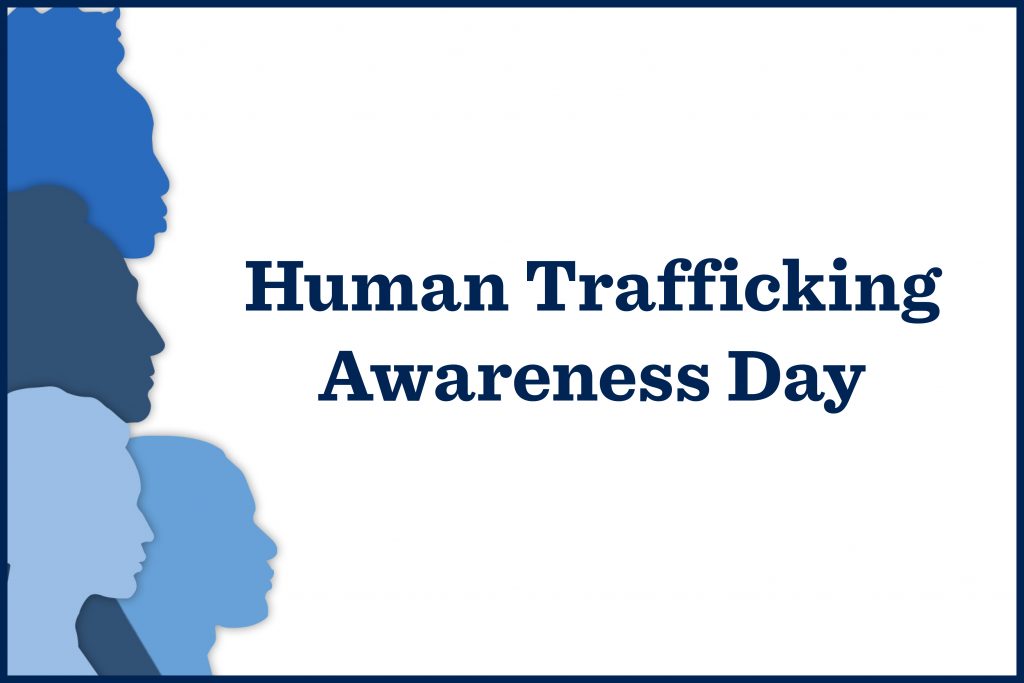Jan. 11 is National Human Trafficking Awareness Day, marking the middle of National Human Trafficking Awareness Month. Two years ago, I learned that Northwest Arkansas – the place that Tyson Foods World Headquarters and I call home – is a hot spot for human trafficking, which prompted me to learn as much as possible about the topic. The most important thing I learned is, although human trafficking is a difficult topic to discuss, we must be willing to talk about it to be better informed and able to protect ourselves, our loved ones, and our communities from traffickers.
To talk about it constructively, you must first learn what human trafficking is and how to combat it. Sex slavery and forced labor are the primary forms of trafficking recognized in the United States. Globally recognized forms of trafficking include forced labor, sexual exploitation, forced criminal activities, people smuggling, and organ harvesting.
Recognizing the signs of trafficking will help you identify victims and could save a life.
Some examples include:
- A person who appears fearful, timid, submissive, disoriented, or confused can all be signs of mental or physical abuse
- A person who has recently disconnected from family, friends, and community organizations or has stopped attending work, school, or other commitments
- A person with bruises in various stages of healing or seemingly denied food, water, sleep or medical care
- A person who is being controlled and sounds coached on what to say, appears to have little autonomy over their actions or movements, or lacks personal possessions due to unreasonable security measures or unstable living conditions
- Tattoos of bar codes or matching tattoos on a group of individuals that match some of the above descriptions
You can download and print an indicator card from the Department of Human Services here.
It can be dangerous to approach a victim, especially in the presence of their trafficker, so be sure to raise your concerns to the appropriate authorities. When you suspect human trafficking, you can notify national tip lines such as National Human Trafficking Hotline by calling 1-888-373-7888 or texting HELP or INFO to BeFree (233733) of your suspicions.
However, if you do attempt to approach a victim, keep in mind that not all victims realize their situation, so be kind to them and only ask them very easy-to-answer questions such as “Are you ok?”, “Would you like help?” or “Are you safe?”. If you want to do more, you can take free training courses on noticing the signs of trafficking and earn your certificate from the Polaris Project to become part of the solution.
Becoming part of the solution isn’t just for individuals; organizations must get involved, too. In 2021, Tyson Foods joined the U.S. Department of Transportation’s initiative, Transportation Leaders Against Human Trafficking (TLAHT), to combat modern-day slavery alongside other transportation and travel industry stakeholders. We committed to being a leader in this movement because it aligns with our core value of raising the world’s expectations for how much good food can do. To learn more, visit www.humantraffickinghotline.org.
Stay safe. Stay vigilant.

